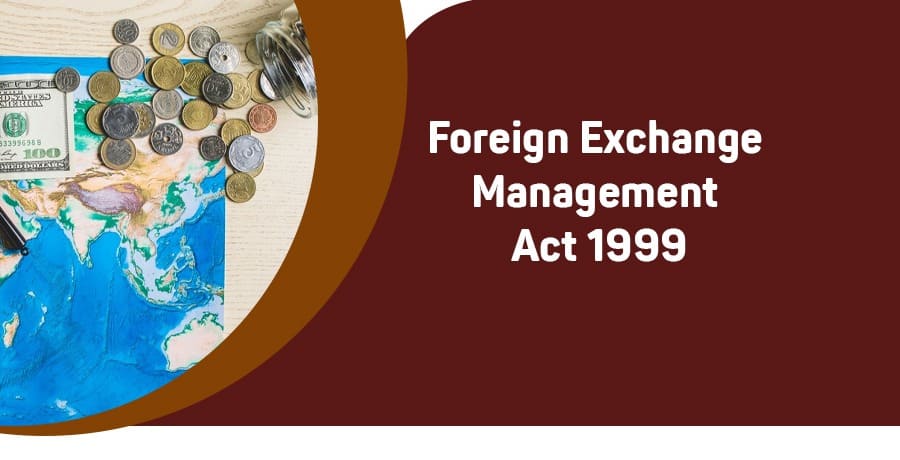FEMA Act 1999
FEMA stands for Foreign Exchange Management Act, 1999 which primarily deals with managing and regulating the inflow and outflow of foreign trade in India. FEMA is an official body organised by the Reserve Bank of India to empower the law regulating foreign exchange in the country. FEMA(Foreign Exchange Management Act) is a replacement of an earlier act FERA(Foreign Exchange Regulation Act) for facilitating external trade and promoting the orderly development and maintenance of the foreign exchange market in India while filling all the loopholes and drawbacks of FERA. The new act FEMA is designed following the framework of the World Trade Organisation (WTO). FEMA defines all the procedures, and formalities for dealing with all types of foreign exchange transactions in India. The head office of FEMA is known by the name of the Enforcement Directorate and is situated in New Delhi.
Exploring the article will help you understand the FEMA, 1999 Act following the objectives and characteristics of the Foreign Exchange Management Act.
Objectives of the Foreign Exchange Management Act
- The main objective of the Foreign Exchange Management Act organised by RBI is to consolidate and amend the laws related to the transactions of foreign currency in India.
- To establish fair communication for the development and maintenance of healthy foreign transactions in the country.
- FEMA facilitates individuals or firms with simple and easy external trade and payment.
- To facilitate transactions involving foreign exchange and payment from outside the country but only through an authorised person.
- To empower the Reserve Bank of India(RBI) to subject the account transactions to several restrictions.
- To outline the balance of payment dealing between the individuals of different countries in goods, services, and assets.
- Provide power to the central government to keep track of and regulate the flow of payment from a non-resident entity.
- To effectively utilise foreign exchange resources for the growth of the nation.
- To define a framework of formalities and procedures for all the overseas transactions in the country.
Characteristics of the Foreign Exchange Management Act
- Foreign Exchange Management Act never applies to Indian residents living in a foreign country. The number of stays can be checked in the preceding financial year and if it exceeds 182 days, then the entity will be considered eligible for foreign investment under the FEMA Act.
- It empowers the central government to impose restrictions and keep track of the payments made to individuals residing in a foreign country, payments received from individuals living in foreign countries, and supervise the financial transactions concerning foreign exchange transactions.
- Under the FEMA Act, the Reserve Bank of India(RBI) also possesses the power to restrict unauthorised individuals from carrying out any foreign exchange transactions.
Conclusion
The FEMA, Foreign Exchange Management Act is related to foreign exchange and foreign securities in India. It is more flexible than the FERA Act, which controls the flow of foreign currency across borders. FEMA has introduced a smoother and more flexible way of carrying out foreign transactions, contributing to economic growth. However, to deeply understand the FEMA act, it requires a finance expert. So, if you are searching for the same you must connect with Skyquest, the Best FEMA consultant in Delhi having a prominent team to solve all the foreign transaction issues of users.
